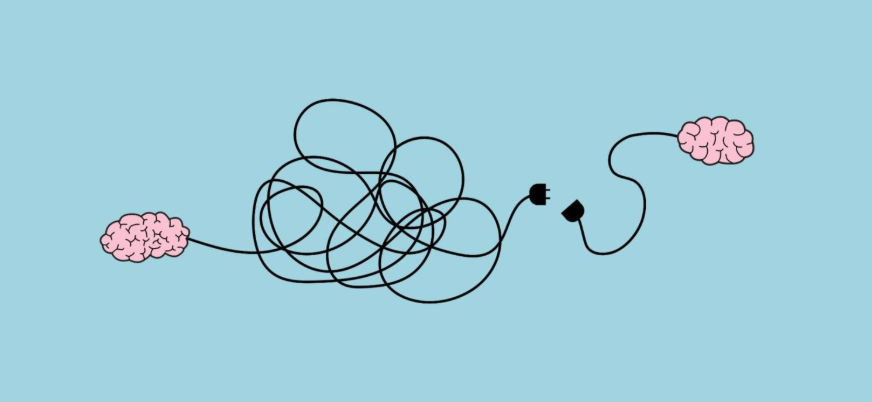
How Do I Improve My Social Fitness (and Why Should I)?
April 8, 2024
Psychology and Creativity
April 23, 2024Compassionate Support: Navigating the Journey with Someone Resistant to Mental Health Help
It can be incredibly difficult when we recognize that someone could benefit from mental health support, but they are either A) simply not ready for it or B) unwilling to get help. When this happens, it is important to remember that this is their journey, and it is not for us to try and force someone who is not ready. In fact, this can actually create more resistance. What we can do is support them, open up the dialogue, and gently encourage in a way that offers compassion and understanding.
How Might We Help Someone Resistant to Support?
Well firstly, we need to be mindful of where they are at. Maybe try to understand some of their barriers or concerns. For example, are they in denial? Do they have apprehension because of perceived stigma? Or do they just not think it is necessary? There are many reasons someone may be avoiding or refusing help, but step one is to begin a comfortable discussion around this and offer an understanding ear. Pushing and ignoring someone who is resistant will only nudge them further away or guilt them into attending. Either way, this is not the way to help.
When we create a safe environment and approach difficult topics with care, we provide a space where we can validate that person’s concerns, thoughts, and feelings. This builds trust and increases the likelihood that they will take a step towards mental wellness if not right away, then later down the road.
Further Steps for Supporting Someone Resistant to Support:
Secondly, after we have provided a space for open discussion, we might offer to support them by helping to find options. What would a first step look like? Perhaps this is a 20-minute free consultation with a local professional, gathering information on a support group, booking in with their doctor or compiling some websites that could be helpful. There are many options for first steps.
We might also offer support by letting them know they aren’t alone. This could entail offering to take them to a first appointment or being present with them when they are ready to look into options and go through them with them. It could also involve sharing your own experiences with mental health and mental health supports. This helps to remove any stigma or potential judgement and normalizes the process. Additionally, this provides an opportunity to let them know what they can expect from an initial therapy appointment. Talk them through it.
What Else Can You Do?
Lastly, even if they remain resistant, you remain supportive. Although this might feel discouraging for you – the person seeking to support, it lets the person who needs the support know that they have a person in their corner and that can make all the difference.
An Important Note
It is very important to remember that if the person poses as risk to themselves or others, it is necessary to take stronger action. In such circumstances, get them to the nearest emergency room. Other mental health supports can be arranged when the immediate risk is stabilized
Of course, for more information on the steps listed above, please follow the links provided below. Keep in mind that many people will require further and professional support. In those cases, please reach out to our team and we would be happy to help
Interested in learning more? Check out these resources on Apps for Mental Well-Being:
- BC Suicide Prevention #: 1-800-784-2433
- BC Mental Health Support #: 310-6789
- National Suicide Crisis Helpline #: 988
- Interior Crisis Line Network #: 1-888-353-2273
- You can also connect with us directly online via JaneApp – https://okclinical.com/online-counselling/
- If you are looking to connect further or receive support those around you resistant to help, please get in touch with us at 250-718-9291 or email us at [email protected].

Written by: Kea Fox, Practicum Student
To book: Click Here!





